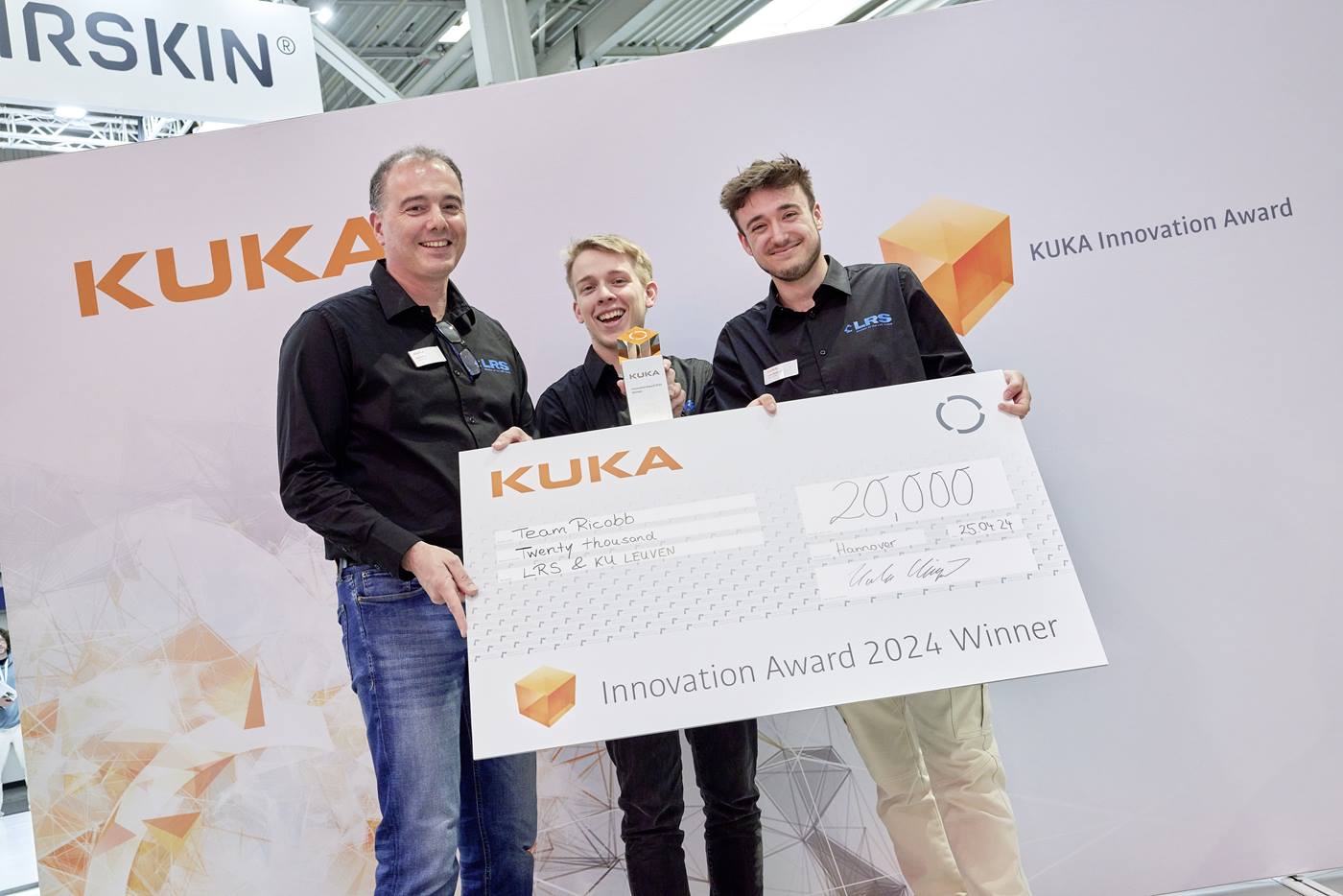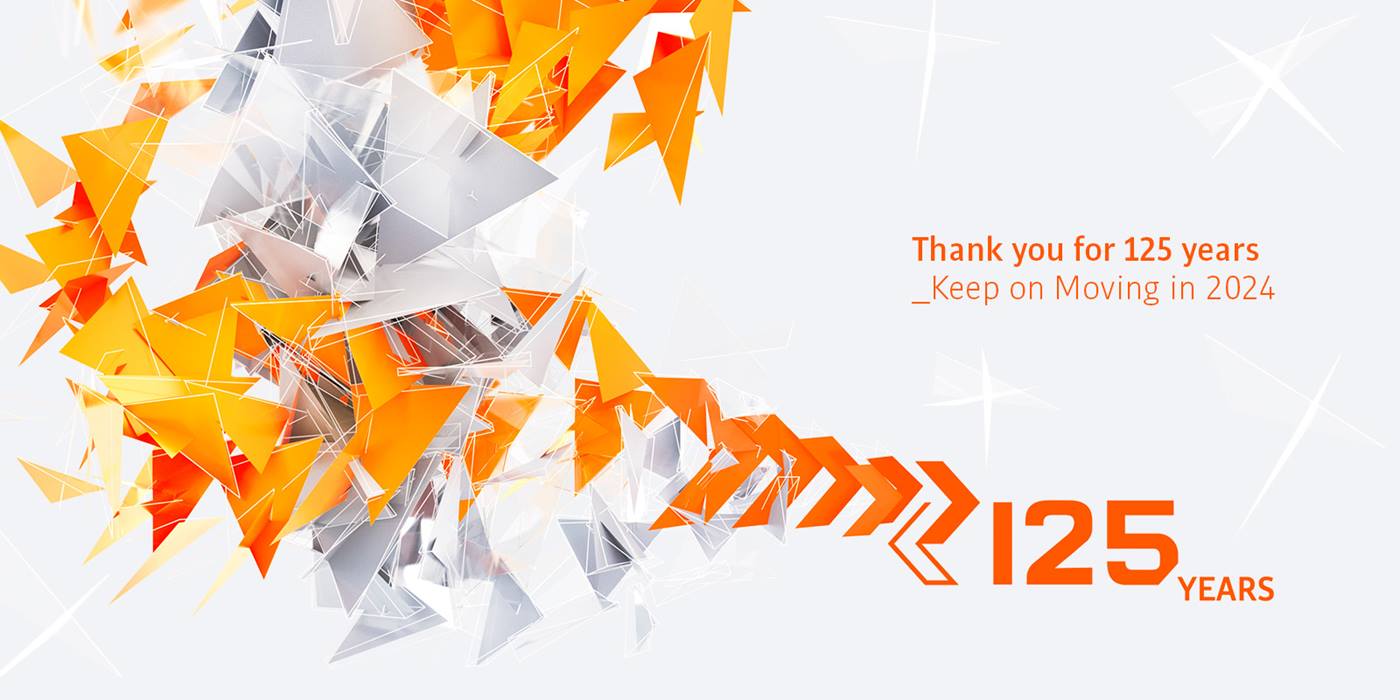
How robotics can assist and relieve the burden in healthcare
Robotics occupies people like no other technology. But what can machine assistants really do today and what is science fiction? The European Robotics Week provides insights into the world of robotics. KUKA is also taking part in the Europe-wide action week – this year with a particularly topical theme.
And IFR experts expect the corona pandemic to accelerate this development. There is a high demand for disinfection solutions with robots or for robot-supported logistics solutions in factories and warehouses. And sometimes they even help directly in the fight against corona. For example, robots support laboratory personnel or print protective equipment.
Robots can assist and relieve the burden in healthcare
Corona also brought a very specific area into focus: medical robotics. For many years now, medical science has been relying on robotic aids, from cancer diagnostics to rehabilitation applications to minimally invasive surgery. Robots can also assist in nursing and retirement homes, thus relieving the burden on staff. KUKA therefore focused on the topic of robotics in healthcare as part of this year’s European Robotics Week.
But what possibilities does robotics offer in this area? We have collected some exciting examples from the world of medicine:
- The university hospital in Aalborg, Denmark, uses a system consisting of a laboratory robot and an intelligent transport box to automatically check and sort blood samples. Pick & place applications like this one reduce the workload of the hospital staff.
- Life Science Robotics has developed a medical device for robotic therapy and patient mobilization. KUKA’s LBR Med is used for this purpose. Thanks to its medical pre-certification, it is ideally suited for integration into the medical device.
- With the introduction of radiotherapy, the use of metallic knives in tumor treatment decreased. Now the knife is experiencing a revival – thanks to Accuray’s CyberKnife® System, the robot-assisted system for precision irradiation. However, this is no ordinary knife.
Even if we are still a long way from “Hospital 4.0”: there are already a number of innovations and exciting developments. Countless start-ups and research projects are looking at how robots can help us get well in the future.
By the way: a particularly exciting idea from Italy won the “Medical Robotics Challenge”, this year’s motto of the KUKA Innovation Award, in November:










